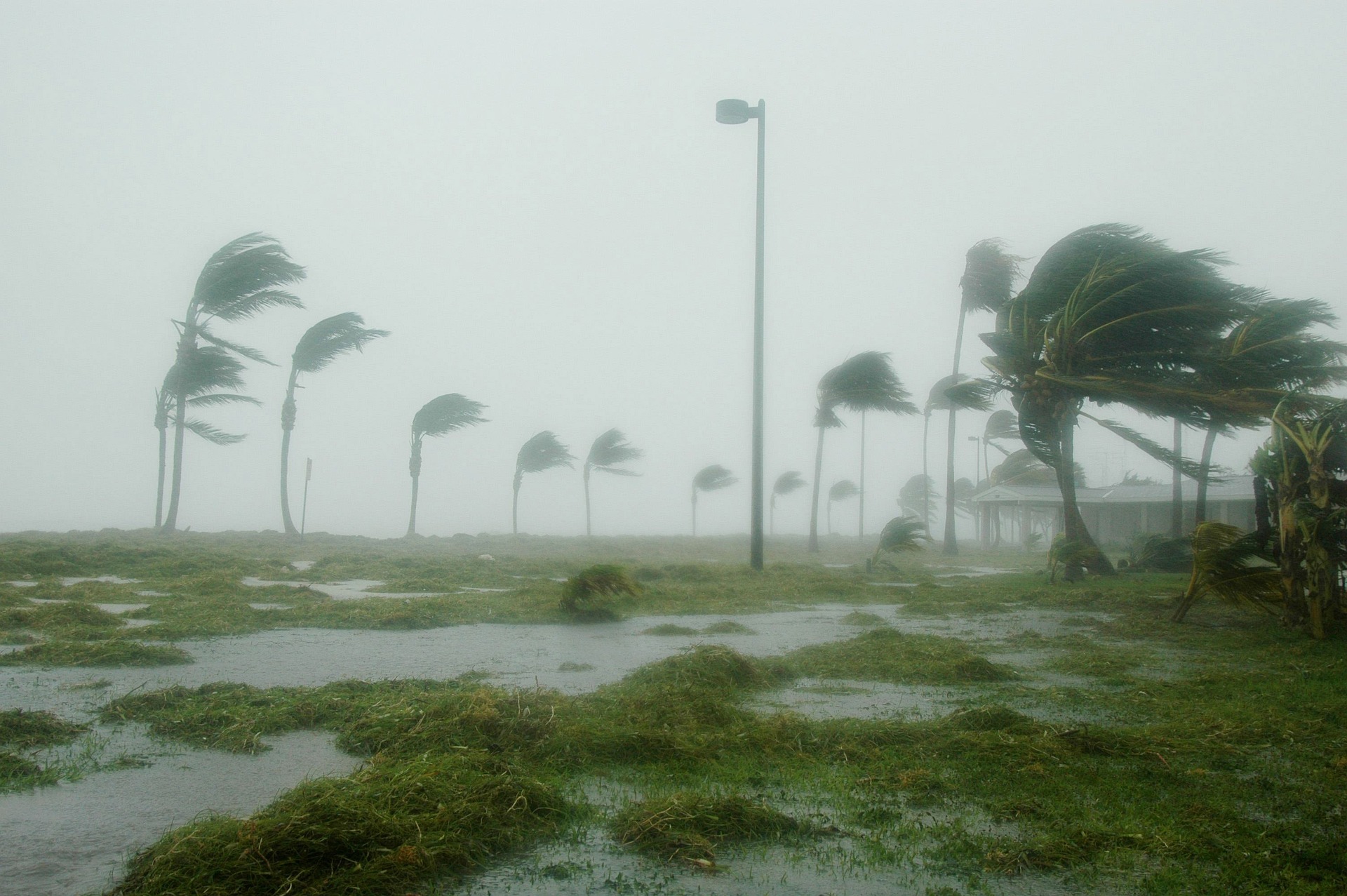The North Carolina Legislature’s rejection of building code updates likely worsened the damage caused by Hurricane Helene, code experts say.
Over the past 15 years, lawmakers rejected limits on construction on steep slopes, which might have reduced the number of homes destroyed by landslides. The legislature also blocked a rule requiring homes to be elevated above the height of an expected flood and weakened protections for wetlands that help the environment absorb stormwater runoff.
Lawmakers have slowed building code updates, making it harder for the state to qualify for federal climate-resilience grants. In 2013, the legislature changed how often North Carolina would update its codes to every six years from every three.
The change proved important. In 2015, the International Code Council added a requirement that new homes in flood zones be built at least one foot above the projected height of a major flood. Instead of adopting that mandate statewide, the legislature left it up to local officials to decide whether to adopt it in their community.
Related Stories
Codes and Standards | Aug 10, 2020
Concrete Institute and Post-Tensioning Institutes expand partnership
Will collaborate on new structural post-tensioned concrete code requirements.
Codes and Standards | Aug 6, 2020
SpeedCore demonstrates excellent fire resistance without additional fire-protective coatings
New York City approves metal-concrete product for all five boroughs.
Codes and Standards | Aug 5, 2020
Designing, redeveloping communities for zero energy needed to address climate change
District heating and cooling systems boost efficiency.
Codes and Standards | Aug 4, 2020
Virginia is the first state to adopt COVID-19 worker safety rules
Include social distancing requirements, notifications when co-worker tests positive, timelines to return to work after recovery.
Codes and Standards | Aug 3, 2020
Report aids local governments on policy options, pathways to electrify new buildings
Document focuses on switching appliances and equipment away from natural gas, propane.
Codes and Standards | Jul 30, 2020
Institute for Market Transformation acquires Energy-Efficient Codes Coalition
Goal is to achieve net-zero construction by 2050.
Codes and Standards | Jul 29, 2020
Crackdowns grow on construction firms that fail to follow COVID-19 guidelines
States, cities, and OSHA enforce social distancing, hand-washing regulations.
Codes and Standards | Jul 28, 2020
California utility adopts climate emergency declaration
Sacramento-region company commits to working towards carbon neutrality by 2030.
Codes and Standards | Jul 27, 2020
Updated Energy Plus and OpenStudio building energy modeling tools released
Software offers performance enhancements.
Codes and Standards | Jul 23, 2020
North Carolina will stop relying on FEMA flood mapping
State will identify flood zones on its own.


















